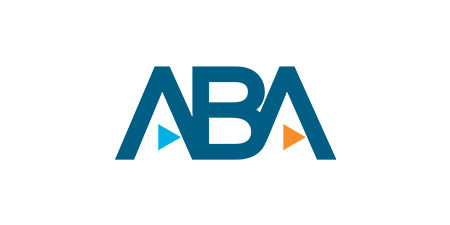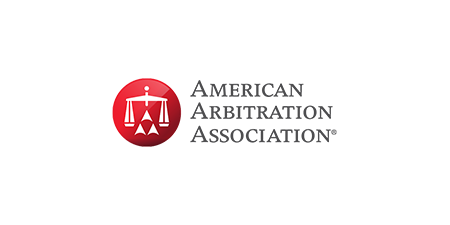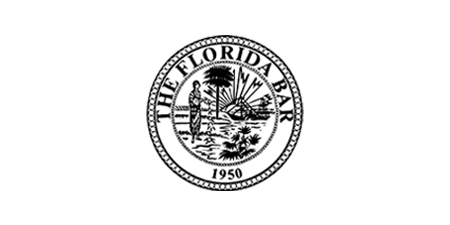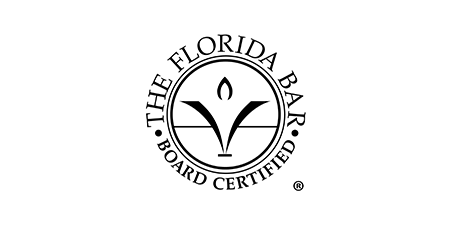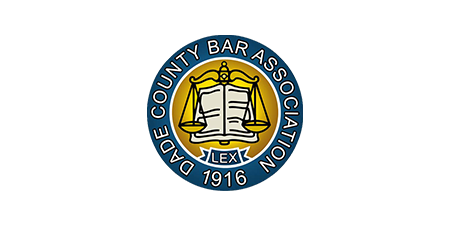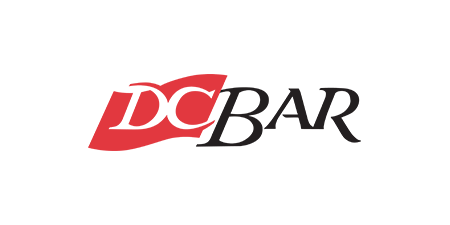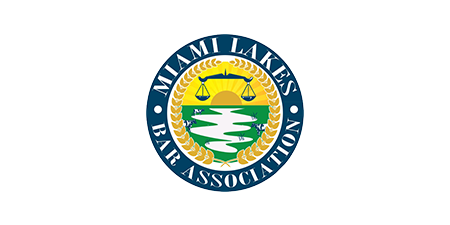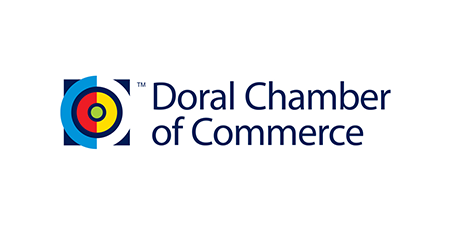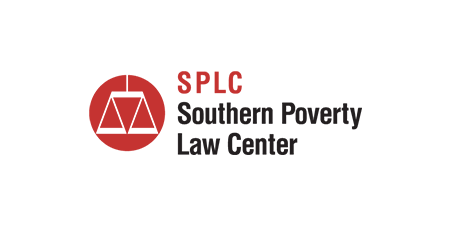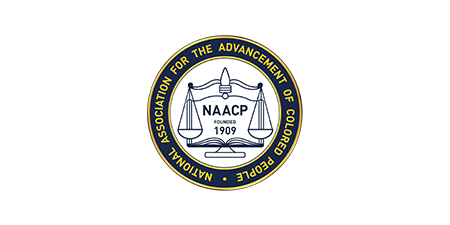Bankruptcy
Continued fear of debt collectors, foreclosure, garnishments, and judgments is no way to live. A knowledgeable bankruptcy attorney can help you get your life back.
Let Daniel M. Keil, P.A. work diligently to guide you through the bankruptcy process.
Daniel M. Keil is an experienced bankruptcy attorney who will be there to answer your questions and guide you through all phases of your bankruptcy proceedings. Contact us for your FREE consultation today.
With decades of experience inside and outside the courtroom, Daniel M. Keil will help you understand your options, communicate with other appropriate counsel on your behalf, file bankruptcy notices, negotiate with creditors, and help determine which form of bankruptcy makes the most sense.
Whether it’s Chapter 7, Chapter 11 or Chapter 13 of the U.S. Bankruptcy Code, we are prepared to manage everything according to your particular circumstances.
Daniel M. Keil, P.A. provides comprehensive bankruptcy guidance and representation, designed to alleviate financial burdens and offer a fresh start.
We have the expertise, skill, and resources to guide you through and past bankruptcy. Contact us today for your FREE consultation.
Chapter 7
Filing Chapter 7 bankruptcy court releases you from debt accumulated via credit card bills, lawsuit judgments, payday loans, and hospital bills. In return, you must turn over property to the bankruptcy trustee except for certain exempt assets as outlined by Florida law; Child support, taxes, and debts that are secured by property such as your home and your car are on that list. You will instead have to make payments and file a reaffirmation agreement with the court.
In addition to eliminating or liquidating the specified debt, filing Chapter 7 puts a stop to home foreclosure or eviction, wage garnishments, repossessions, and even harassment from creditors. Even if your current monthly income is not below the Florida adjusted median income, he or she can file for Chapter 7 bankruptcy. There are certain cases where you may be able to file after certain expenses are paid like car payments and retirement plan contributions among others.
Chapter 11
Filing Chapter 11 bankruptcy is often described as a reorganization plan to manage debt and keep the corporations, partnerships, or sole proprietorships afloat. A court-appointed trustee supervises the debt reorganization so that creditors are paid over time. A Chapter 11 bankruptcy filing can help resolve a list of financial challenges:
Daniel M. Keil makes sure that his clients fully understand their rights and any available options. For more than three decades, Mr. Keil and his staff have diligently guided clients through every step of the complicated foreclosure defense process.
- Relief from Stay Motions
- Use or Sale of Property
- Rejection of Contracts, Leases
- IRS/Tax Problems
- Divorce
- Legal Judgments
- Foreclosure
Chapter 13
Filing Chapter 13 bankruptcy allows you to catch up on late car payments or a past due mortgage while still keeping his or her assets. The court must approve your proposal to pay all or a certain portion of the debt using future income over three to five years. If the plan is effective, no property will have to be surrendered to the court-appointed trustee.
Chapter 13 may allow you to protect more of your assets and discharge more debt as compared to Chapter 7. You may not also qualify for Chapter 7 under the ‘means test.’ However, the proposed payment plan must be completed.
Often, businesses and individuals with very high debt or assets may need to look to other bankruptcy classifications.
Bankruptcy Loss Mitigation Mediation Program
The United States Bankruptcy Court for the Southern District of Florida started the Bankruptcy Loss Mitigation Mediation Program in April of 2013 to offer you a more manageable payment option. Even if you have been denied a loan modification because of excess debt in the past, you could be a candidate for the program. In Chapter 7 Bankruptcy cases, you may request the LMM Program to surrender the property, and in a Chapter 13 Bankruptcy, you may request the program to modify a mortgage or surrender the property. Those filing for Chapter 11 may also be eligible for the program.
All the documentation must be filed electronically, and there is an LMM conference where all parties involved must sign a binding settlement agreement; these are two processes where an attorney with experience navigating the program would come in handy. Potential benefits for participants include mandatory mediation between you and a qualified decision-maker for your lender, and court-ordered deadlines for all parties to create a more timely process.
